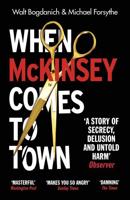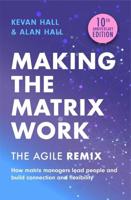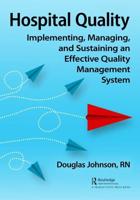Publisher's Synopsis
The world we live in is rapidly changing, and these changes have huge negative environmental, social and economic impacts. In response to the challenges of our time (climate change, environmental degradation and socio-economic crisis), numerous documents have been approved to support and incentivize measures to make our country more sustainable. In this context, assessment tools, spatial planning, governance strategies, and business and financial models play a key role. The current approaches to assessments are mostly sectoral and focus on individual dimensions (economic, social, environmental) rather than on their inter-relationships. Considering the multiplicity of values and actors involved in the processes of conservation and regeneration of cultural heritage, landscape and urban and peri-urban areas, the impacts of these changes require appropriate assessment tools that embrace multiple dimensions. This Special Issue investigates the approaches and tools of spatial planning and urban regeneration used to achieve sustainable development objectives, whilst also considering the current challenges that are changing the common views on them.










